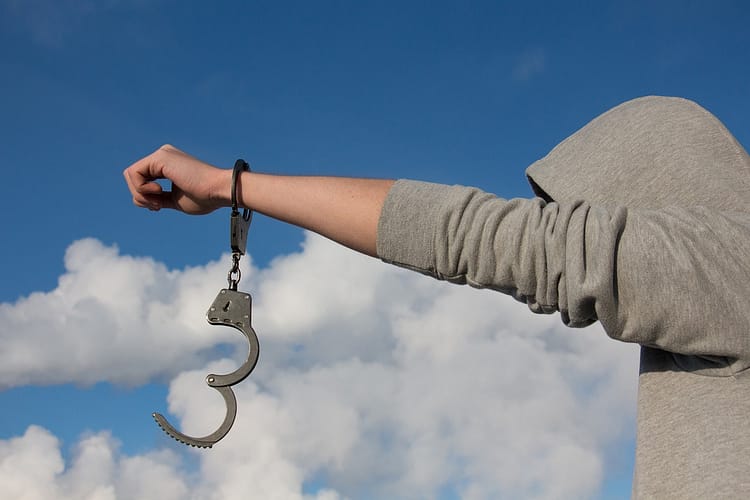Coping with addiction cravings can be one of the toughest challenges on the road to recovery. These intense urges to use substances or engage in addictive behaviours are the brain’s way of seeking relief or pleasure. However, understanding and managing these cravings is possible through a combination of therapy and healthy lifestyle changes.
The Science Behind Cravings
Cravings are a natural part of addiction recovery. When a person uses substances or engages in addictive behaviours, their brain’s reward system gets overloaded, creating a powerful association between the behaviour and pleasure. Over time, the brain learns to ‘expect’ this pleasure, triggering cravings whenever it senses stress, triggers, or even certain memories. Cravings are so powerful that triggers or cues that remind us of the substance or behaviour can lead to use or relapse. Indeed, a study by Vafaie and Kober (2022) found that A 1-unit increase in cue and craving signs made it more than twice as likely for someone to use drugs or relapse in the future.
Therapy-Based Approaches to Cravings
- Cognitive Behavioural Therapy (CBT): CBT is highly effective in helping people recognise and challenge the negative thought patterns that lead to cravings. By learning to reframe these thoughts, individuals can break the mental cycle that drives them toward relapse.
- Mindfulness-Based Stress Reduction (MBSR): Mindfulness practices help people become more aware of their cravings without immediately reacting to them. By observing the craving as a temporary feeling rather than something they need to act on, individuals can strengthen their ability to resist.
- Contingency Management: This therapeutic approach uses positive reinforcement to reward individuals for staying sober. Studies such as Dallery et al (2023), show that incentives, even small ones, can increase motivation and help curb cravings.
- Hypnotherapy: It can help address underlying emotional triggers and replace negative patterns with healthier coping strategies. It can also help reduce cravings by promoting relaxation, strengthening awareness around choices, and enhancing self-control, making it easier for individuals to resist urges and sustain long-term recovery from addiction.
Lifestyle Changes That Support Recovery
- Exercise: Physical activity has been shown to reduce cravings by releasing endorphins, which improve mood and reduce stress. A regular workout routine can help fill the void left by addictive behaviours. Xing and Renyi (2023) found that aerobic exercise could effectively improve the physical fitness, emotional state and mental health of drug users and reduce not only cravings but improve mental health issues such as anxiety and depression.
- Healthy Diet: Nutrition plays a key role in mental and emotional health. Eating a balanced diet rich in nutrients can stabilize mood, reduce anxiety, and make the brain less likely to crave addictive substances.
- Social Support: Building a strong support network of friends, family, or support groups is crucial. Research shows that people in recovery who maintain strong social connections are less likely to relapse. The 12-step program, for example, places strong emphasis on social support to promote recovery and relapse avoidance. Calling a friend or a sponsor can provide the distraction and time needed to ride the craving wave.
- Sleep Hygiene: Poor sleep increases stress, which can trigger cravings. Establishing good sleep habits, such as keeping a regular sleep schedule, avoiding caffeine before bed, and creating a restful environment, can help in managing cravings. Mindfulness and meditation can also help calm the mind making falling asleep easier.
- Long-Term Strategies: Coping with addiction cravings is not just a short-term challenge. Long-term recovery involves consistently using these therapeutic and lifestyle strategies to build resilience. Creating routines, seeking support, and engaging in therapy can help people not just cope with cravings, but also reduce their intensity over time. It takes time to re-educate the system so craving does not mean failing the recovery process. Give yourself a chance!
Cravings are a normal part of recovery, but they don’t have to lead to relapse. With the right combination of therapy and lifestyle changes, individuals can take control of their cravings and stay on the path to long-term recovery. Learning to manage these urges through mindfulness, structured therapy, and healthy habits is key to building a fulfilling life free from addiction. If you or a loved one is battling addiction, remember that you are not alone. Help is available so get in touch.
References
Dallery, J., Defulio, A., & Raiff, B. (2023). Digital Contingency Management in the Treatment of Substance Use Disorders. Policy Insights from the Behavioral and Brain Sciences, 10(1), 51-58. https://doi.org/10.1177/23727322221144648
Vafaie, N. and Kober, H., (2022). Association of drug cues and craving with drug use and relapse: A systematic review and meta-analysis. JAMA Psychiatry, 79(7), pp.641-650. doi:10.1001/jamapsychiatry.2022.1240.
Ye, X., and Renyi, L. 2023. “Intervention Effect of Aerobic Exercise on Physical Fitness, Emotional State and Mental Health of Drug Addicts: A Systematic Review and Meta-Analysis” International Journal of Environmental Research and Public Health 20, no. 3: 2272. https://doi.org/10.3390/ijerph20032272




